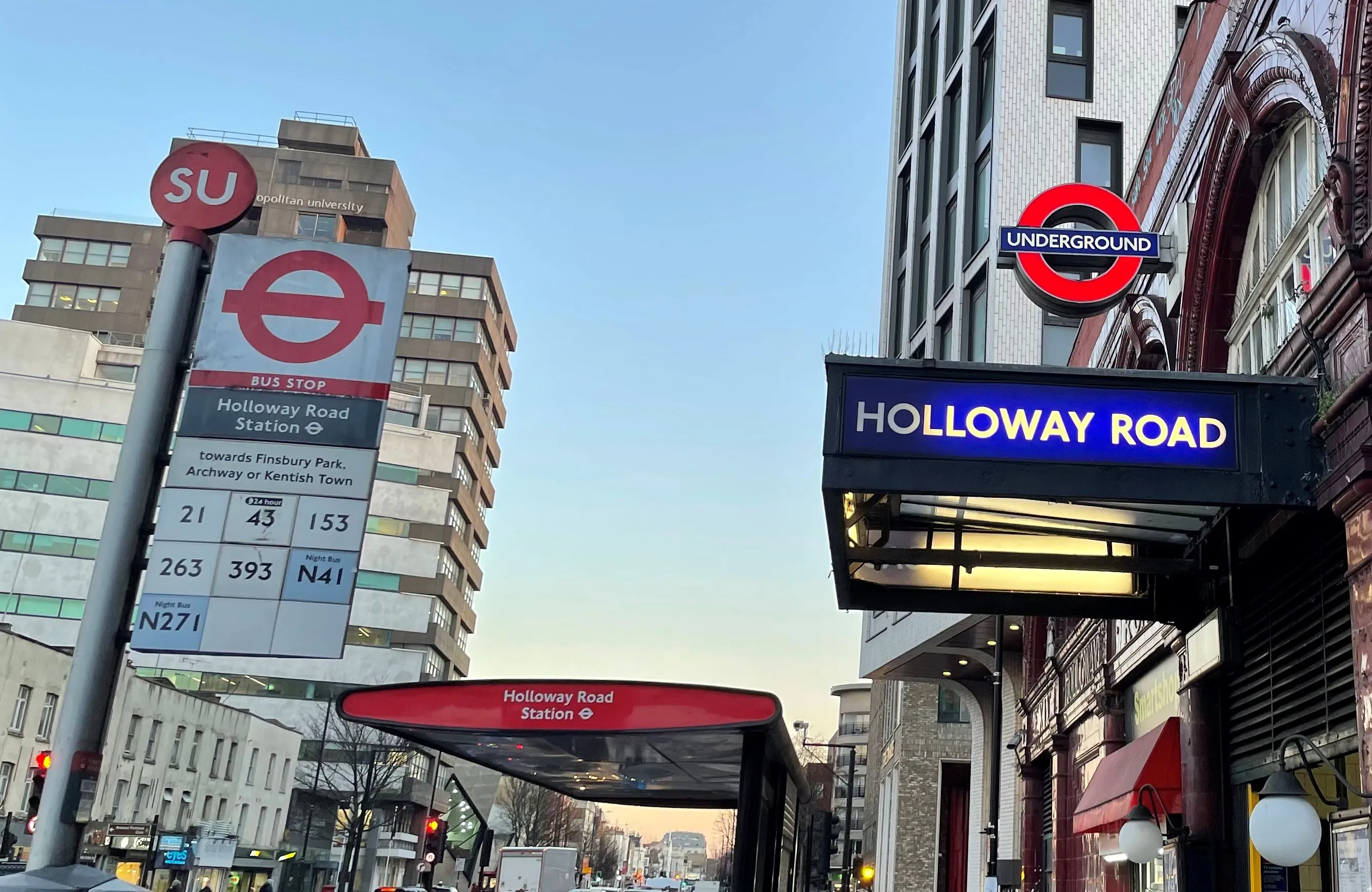In a contract valued at US$25 million, Serco is to provide parking enforcement, management of parking meter operations and traffic control operations for the City of Inglewood, California. Serco will begin work on this contract at the end of June and expects to hire up to 75 new jobs in the community. The contract has a ten-year base period and the potential for two five-year option periods.
Serco will provide daily parking enforcement, traffic control, dispatch, customer service, enforcement using lice
July 8, 2014
Read time: 2 mins
In a contract valued at US$25 million, 1676 Serco is to provide parking enforcement, management of parking meter operations and traffic control operations for the City of Inglewood, California. Serco will begin work on this contract at the end of June and expects to hire up to 75 new jobs in the community. The contract has a ten-year base period and the potential for two five-year option periods.
Serco will provide daily parking enforcement, traffic control, dispatch, customer service, enforcement using licence plate recognition technology, operations and maintenance of the city's 1,900 parking meters. The company will also work closely with the city to overhaul current parking enforcement guidelines and establish performance standards that will ensure consistent parking enforcement.
"We have broad experience in parking management systems across the country and will apply our ideas and insights to develop and run a best-in-class parking system for the City of Inglewood," said Dan Allen, Serco's chairman and chief executive officer.
Mayor James T. Butts noted on the award of the contract to Serco, "The City of Inglewood has a high level of confidence in the Serco team and appreciates their corporate commitment to form a long-term team relationship with the City. The Serco strategy for start up, training, recruitment, commitment of start-up resources, experience and team approach was the difference that distinguished them in the procurement process."
Serco will provide daily parking enforcement, traffic control, dispatch, customer service, enforcement using licence plate recognition technology, operations and maintenance of the city's 1,900 parking meters. The company will also work closely with the city to overhaul current parking enforcement guidelines and establish performance standards that will ensure consistent parking enforcement.
"We have broad experience in parking management systems across the country and will apply our ideas and insights to develop and run a best-in-class parking system for the City of Inglewood," said Dan Allen, Serco's chairman and chief executive officer.
Mayor James T. Butts noted on the award of the contract to Serco, "The City of Inglewood has a high level of confidence in the Serco team and appreciates their corporate commitment to form a long-term team relationship with the City. The Serco strategy for start up, training, recruitment, commitment of start-up resources, experience and team approach was the difference that distinguished them in the procurement process."










